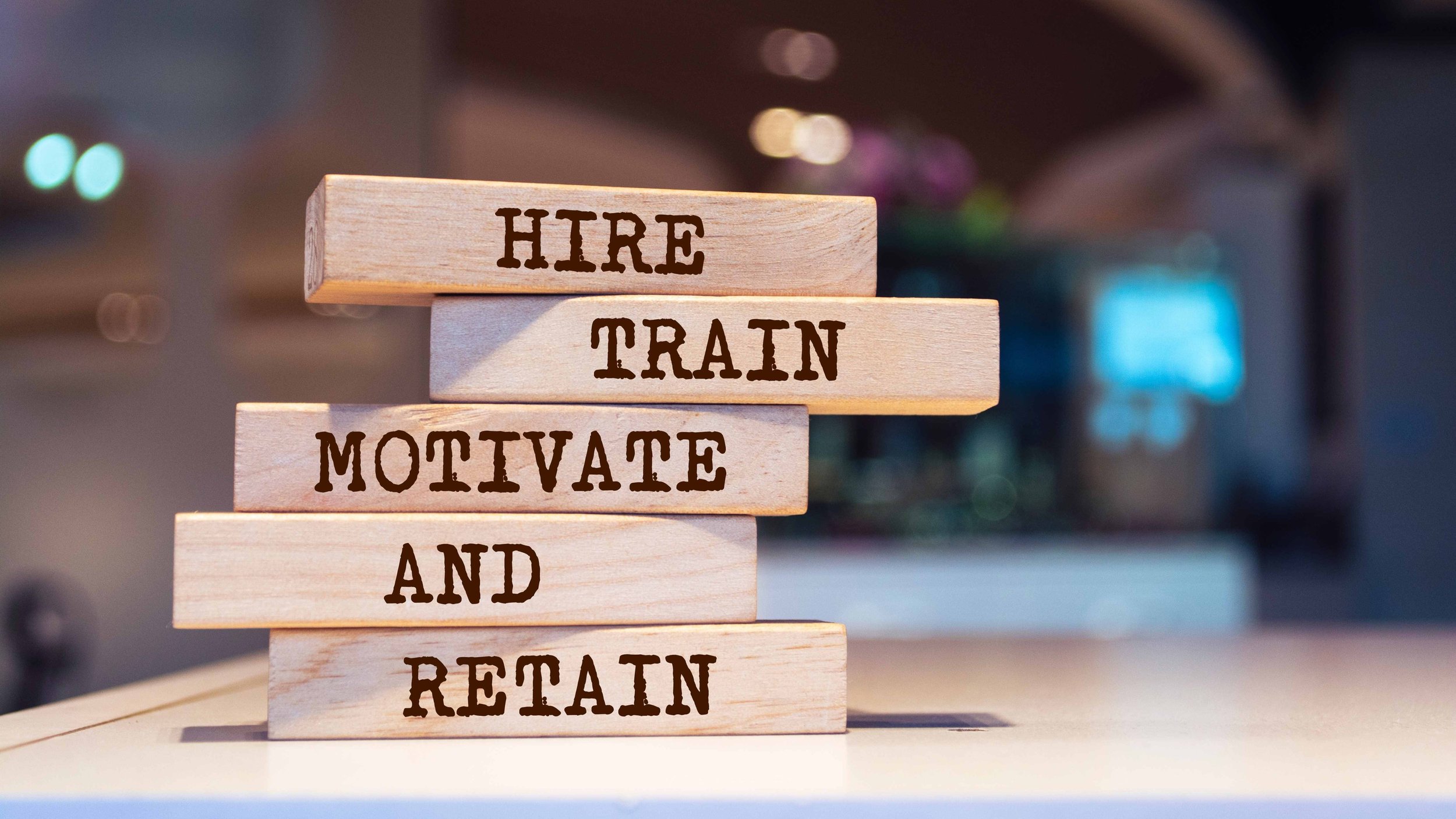Retaining Your Most Valuable Assets
Why You Should Manage Your People More Effectively
As a growing company, MCP have recently expanded their team. Technical Training, in just the last few weeks have three new recruits. As a company who is a huge advocate for assessing skills gaps, developing staff and in turn, reducing staff turnover, we know how difficult it is to replace staff who leave. Whether they are technical, administrative or sales people, your people are by far your most valuable asset.
This has brought our Technical Training Director, John Saysell, to think more closely about the importance of staff retention and the true cost to the business if someone leaves. The time lag for a new recruit to truly start could be 4-6 months. Once you factor in induction, familiarisation and ‘doing things our way’ it is likely going to be a year before your team is back up to full strength. John explained:
“I know that employees leave for other reasons other than betterment but knowing the cost, it is sensible to do the utmost to retain them through caring management and skills’ development. If there are skills’ shortages in your industry or company and your employees have transferrable skills, then businesses need to realise that they must work hard to keep them. Nowadays your employees have many more options available!”
What Can You Do to Retain People?
Staff retention is crucial for maintaining a stable and productive workforce. High turnover can be costly and disruptive to any organisation. It isn’t always down to remuneration and benefits either, studies on staff retention clearly agree that there is far more to retaining your employees than what they are paid.
Here are just a few points to consider if you are looking to effectively retain, not just new recruits but your already loyal staff:
1. Effective Onboarding
Start the retention process during the onboarding phase by providing comprehensive training and introducing new hires to the company culture and values.
2. Clear Career Paths
Offer employees clear opportunities for career advancement within the organisation. Provide guidance on how they can grow and develop their skills.
3. Competitive Reminueration
Ensure that your remuneration packages, including salaries, benefits, and bonuses, are competitive within your industry and region. Regularly review and adjust compensation as needed.
4. Recognition and Rewards
Recognise and reward employees for their hard work and achievements. This can include verbal recognition, awards, or financial incentives.
5. Work-Life Balance
Promote work-life balance by offering flexible work arrangements, paid time off, and a supportive company culture that values personal time.
6. Professional Development
Invest in employee development through training programs, workshops, and opportunities for skill enhancement. Show that you are committed to helping them grow in their careers.
7. Open Communication
Maintain open and transparent communication with your team. Encourage them to share their concerns and ideas and address any issues promptly.
8. Empowerment
Give employees a sense of ownership and control over their work. Empower them to make decisions and contribute to the success of the organisation.
9. Mentorship and Coaching
Provide mentorship and coaching programs to help employees build meaningful relationships within the organisation and receive guidance from experienced colleagues.
10. Regular Feedback
Conduct regular performance evaluations and feedback sessions. Help employees understand their strengths and areas for improvement, and work with them to set goals.
Most of the above points are under the control of management, but you can also build great employee-manager relationships.
What Makes a Great Manager-Employee Relationship Work?
Leading by example
Living the company values
Fostering trust
Treating people as they would like to be treated themselves
Rewarding good performance
Celebrating success
Praising often
Enabling upward and downward mentoring…. “have you seen it from my position?”
Creating a fun and enjoyable workplace
Having great employee-manager relationships means your team will enjoy there work more. Engaged employees drive customer happiness, which in turn positively impacts your organisations bottom-line. Keeping top talent engaged and retaining them may require you to reconsider how you approach your employee engagement.
We understand that each employee is unique, so it's essential to tailor retention strategies to individual needs and preferences. We all need to regularly check-in with each of our employees to gather feedback and assess their satisfaction levels, so we can use this information to refine our retention efforts. An engaged and happy workforce are far more likely to stay with you in the long term.
MCP Delivers Development Programmes
MCP’s experience advising on and delivering employee development programmes in the manufacturing and processing industries has enabled us to tailor staff learning and development programmes to suit organisational needs, whether the shop floor or in the boardroom.
Talk to us if you need help and support with your employee retention.






